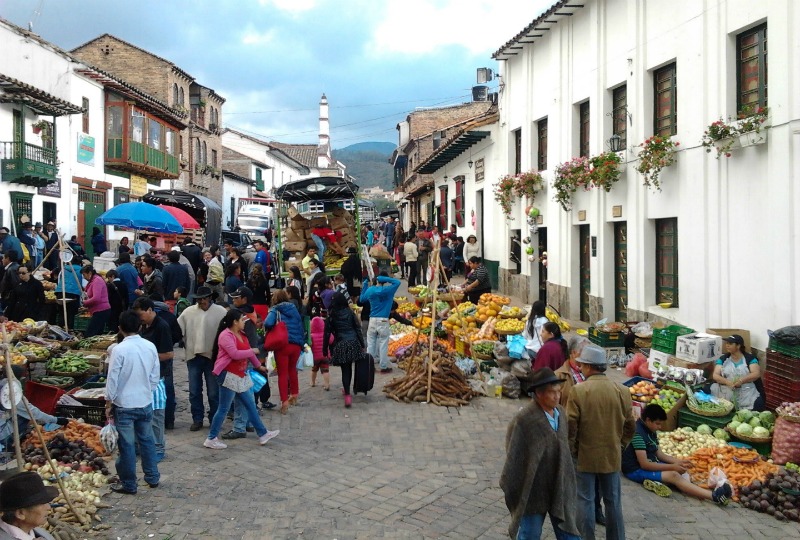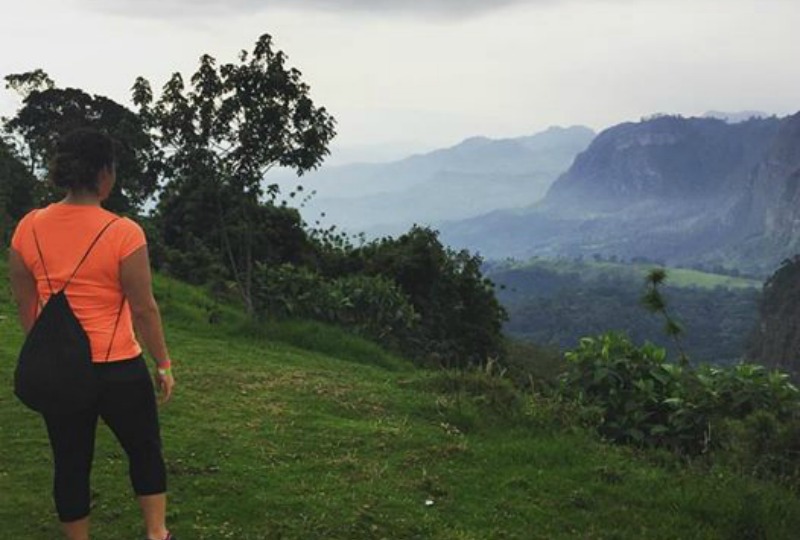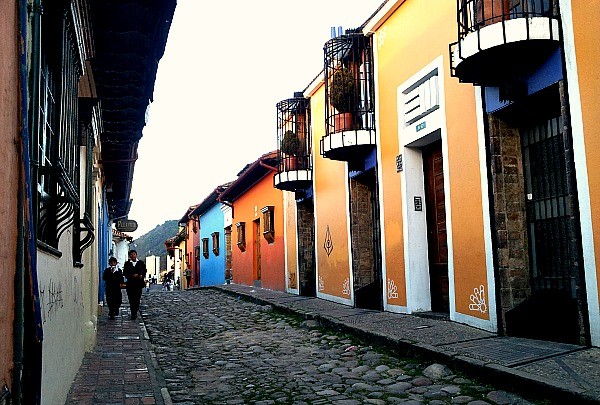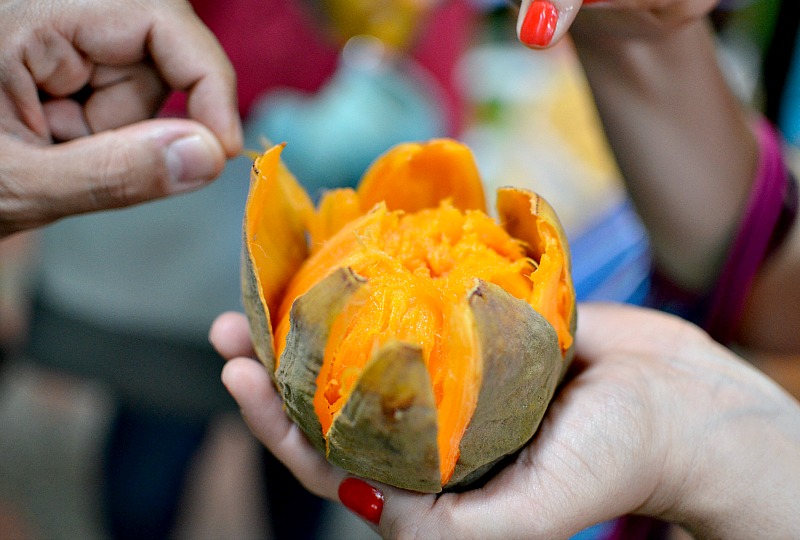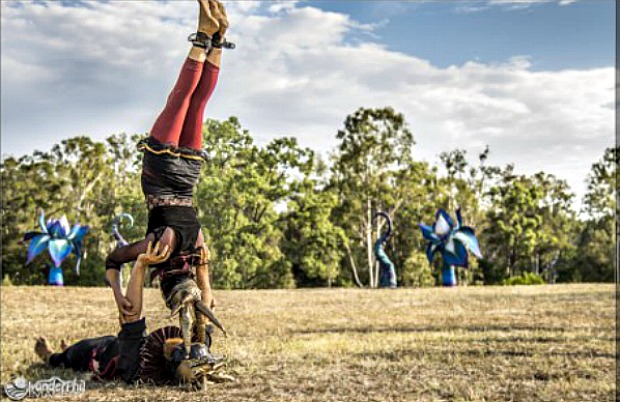
Image: Wanderphil
I used to think that travel was all there was to look forward to. Any job, situation or meeting held promise, because it brought me closer to an upcoming travel adventure.
Sometimes I still feel like that. Without cultural adventure and constant movement, life will somehow become too dull and predictable or the lens of perception will start to wane from a borderless planetarium to a 6 x 4 frame on the mantelpiece.
Perhaps the most enlightening moment of the past year is coming to the realisation that adventure is everywhere, but mostly under your nose.
The idea that I must continuously travel to lead a satisfying, interesting or cultured life is my self-created misnomer, one fed by my own distortions in how I experience novelty and wonder.
Let me explain.
Travel is to life what icing is to a cake. If the cake is moist and rich, the icing will make it the most delicious of indulgences. However, a dry and stale cake will always be a dry and stale cake. No amount of icing can salvage its core.
Every moment of life holds the potential for learning and growth.
David Bohm, scientist and author sums it up nicely with his summation: “Real perception, that is capable of seeing something new and unfamiliar, requires that one be attentive, alert, aware and sensitive,” he says.
“In this frame of mind, one does something and then notes the difference between what happens and what was inferred from previous knowledge.
“From this difference, one is led to a new perception or idea that accounts for the difference. This process goes on indefinitely, without beginning or end, in any field whatsoever.”
I refer to this as ecological thinking because like an ecosystem, it is systemic, cyclical, creative and self-sustaining. It is not from, or of, any one thing, but represents the inner landscapes of our minds and our inherent creativity. Living with such awareness permits us to have rich inner worlds, where the ego can lay to rest and spirit and imagination come out to play. Ecological thinking is a quality of the human being and its existence is enriched, but not created, by where we go.
Travel stimulates ecological thinking because it takes us out of ourselves, our everyday lives, our normal frames of reference and situates one within a broad, complex, mystifying and unknowable world. It changes our approach to learning and we immediately become aware of the difference between our pre-existing inferences and offered reality.
It becomes easier to perceive the world with excitement, wonder and curiosity, as the veils of normality have dropped, and one can look upon the world anew, with fresh perspective, no prior judgements and unfixed conceptions. An open slate through which to learn, discover, listen and understand.
However our thinking becomes distorted when travel becomes the means rather than the end to achieving this mental state.
So what of novelty?
From my experience, western travellers tend to view new lands, especially those in culturally distinct areas of the east, as exotic, and their homelands as normal, controlled and restricted to the point of boring. Similarly, for those from remote eastern places, westerners and their cultures may seem equally exotic and perhaps their own lives as equally restrictive or boring.
What tends to happen is when something becomes familiar a mechanical and routine kind of perception is applied in dealing with it. We see old friends and familiar places through a small number of habitually determined salient features.
Yet, we see new friends and foreign lands through an array of undetermined potential with meaning yet to be ascribed. In this way, novelty falls victim to the jaws of familiarity. Familiarity is a permitted state of mind we can allow ourselves to lapse into, but it doesn’t have to be so.
If we have not unlocked the doors of our imagination, if our outward journey is prioritised over our inward journey, then it does not take long for a new place, which at first held wonder and excitement, to be resigned to the same inevitable fate, restriction and boredom.
To embrace the adventure always under our nose we must retrain our minds away from familiarity and learning biases, and through the practice of attention be able to see every moment of our lives as an open slate, ripe for learning.
It requires knowing and being continuously willing to learn from your history, culture, worldview and encountered experiences. It is recognising the depth and complexity of the human condition, the essential unknowingness of life, the mysteries of our interconnectedness with all other forms on the planet, seen and unseen.
If you live within a society or culture where you have the freedom to travel, I would argue that it is not the society or culture’s fault if you feel restricted or bored. It is the approach you take to learning and discovery that is restrictive, making the familiar boring and mind and spirit imprisoned.
Travel is a wondrous gift everyone should have the privilege of experiencing, with potential to deepen our thinking, ignite our dreams and generally enrich life’s experiences. Alas it is not in or of itself a complete emotional tapestry, nor the silver bullet to the state of mind needed for original and enlightened learning.
No matter how much icing we layer upon ourselves, we should always pay more attention to needing the dough.

